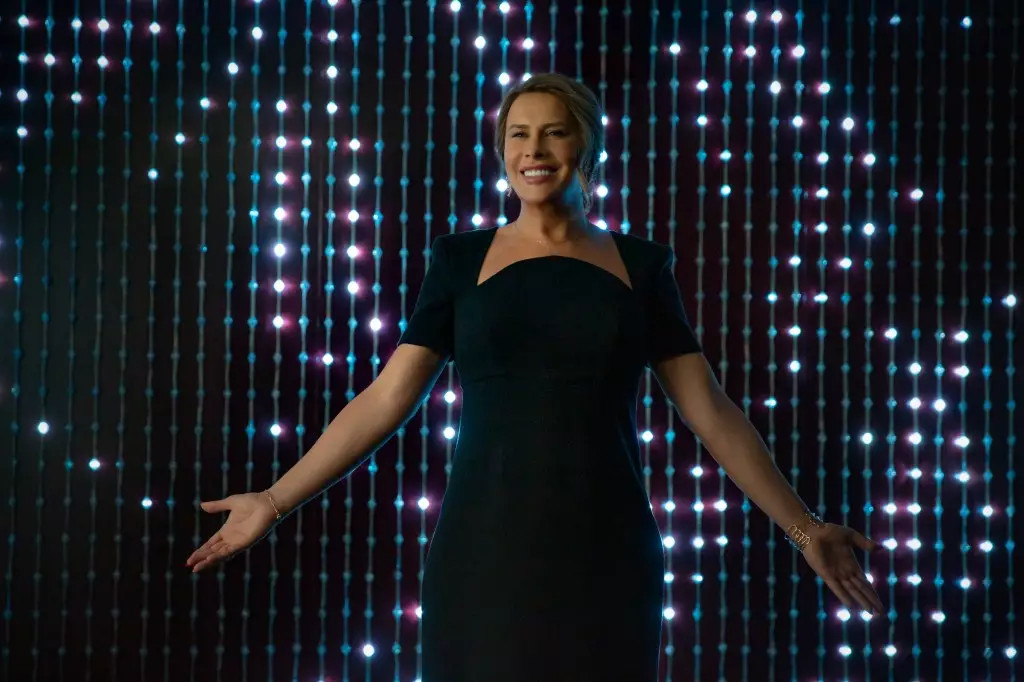Netflix recently found itself ensnared in a controversy surrounding Karla Sofía Gascón, the star of the Oscar-nominated film “Emilia Pérez.” As past social media posts from Gascón were unearthed—posts characterized by racist and Islamophobic remarks—the film’s accolades seemed overshadowed by this tumult. This situation not only raised eyebrows but also led to awkward interactions for her castmates as they navigated the awards circuit. The implications of such revelations are significant; they pose existential questions about how social media can affect the trajectories of artistic works and their creators.
In a recent episode of the podcast The Town, Netflix’s Chief Content Officer, Bela Bajaria, expressed her dismay regarding how the controversy detracted from the collective efforts of the film’s cast and crew. She described the situation as a “bummer,” an understatement considering that the film had been lavished with critical acclaim, including a remarkable 13 Oscar nominations. Bajaria emphasized that despite the drama, the merit of the film should not be eclipsed by individual actions from its stars. Her sentiment highlights a recurring theme in the industry: how outside influences can significantly impact public perception and the recognition of collective artistic success.
The incident highlights the inherent tension between individual accountability and the achievements of a collaborative art form. Gascón’s past tweets have thrown a wrench into what could have been a straightforward celebration of talent. As the leading nominee, her presence—or absence—at various award shows has become a focal point of discussion. Instead of celebrating the film, industry insiders and audiences alike are forced to grapple with the intersection of personal belief and artistic expression. The responsibility of managing one’s public image weighs heavily on those in the limelight, raising questions about how past actions should—or shouldn’t—affect present accolades.
The Ongoing Awards Race and Its Complications
Since this controversy broke, Gascón has opted out of many significant events, including the PGAs, DGAs, Critics Choice, and Spain’s Goyas, missing the opportunity to share in the celebration of her film’s success. Meanwhile, her co-stars and director Jacques Audiard have had to field questions regarding her past, diverting attention from the film itself. This scrutiny could potentially create a schism between individual contributions and the project’s broader narrative. The challenge lies in maintaining the integrity of the awards season while addressing the problematic nature of public figures and their histories.
As filmmaking continues to evolve in the age of social media, this incident serves as a cautionary tale about the permanence of online behavior and its potential repercussions. It raises critical questions about how the industry might navigate similar challenges in the future. Moving forward, both creatives and organizations must grapple with the ramifications of past actions in an increasingly interconnected world, while also striving to focus on the artistic merits of their work. The journey of “Emilia Pérez” illustrates a complex relationship between recognition and reputation, reminding us that in the world of cinema, perception can be as influential as talent itself.


Leave a Reply